When it comes to choosing a tent for your outdoor adventures, durability is a key factor. No one wants to invest in a tent for camping only to have it wear out after just a few trips. To ensure your investment stands the test of time, it’s essential to consider the materials used in the tent’s construction. In this blog, we’ll explore some common tent materials and discover which tents last the longest.
Polyester Tents: A Durable Choice
Polyester is a popular material for tents, known for its durability and resistance to wear and tear. One of its standout features is its waterproof nature, often enhanced with a high hydrostatic head rating. This means that even during heavy rain, water won’t seep through the fabric, keeping you dry and comfortable inside.
However, there is a trade-off. Polyester tents need proper ventilation to prevent condensation buildup. If not adequately ventilated, condensation can lead to mildew and mould growth. To counter this issue, ensure your tent has proper ventilation options and consider using a ground cloth or footprint to reduce moisture underneath your tent.
To prolong the life of your polyester tent, regular re-waterproofing is recommended. Many polyester tents also come with built-in UV resistance, which helps protect the material from the damaging effects of the sun. With proper care and maintenance, a polyester tent can last for many years, making it a solid long-term choice.
Canvas Tents: The Longevity Champions
When it comes to longevity, canvas tents are the champions of the tent world. Made from thick, durable cotton, canvas tents are heavy but incredibly sturdy. They are ideal for various camping scenarios, especially winter camping, thanks to their excellent insulation properties. Canvas tents also boast impressive UV resistance, which means they can withstand prolonged exposure to the sun without deteriorating as quickly as synthetic materials.
One unique advantage of canvas tents is their quietness in the wind. Unlike polyester and nylon, canvas doesn’t produce the rustling sound that can be quite bothersome in breezy conditions. Additionally, if you happen to damage a canvas tent you can usually repair it easily with a needle and thread.
However, canvas tents do have their drawbacks. They are prone to mould and mildew growth if not properly maintained. To ensure their longevity, you’ll need to regularly clean and dry them thoroughly between uses. But with diligent care, a well-maintained canvas tent can easily last for more than a decade, making it an excellent investment for serious campers.
Nylon Tents: Lightweight and Economical
Nylon tents are a popular choice among backpackers due to their lightweight nature and affordability. They are often found at the lower end of the tent durability spectrum, typically designed for 2-season use. While nylon excels in portability, it can be more susceptible to ripping and tearing under stress compared to other materials.
Nylon tents are not the most long-lasting option, but they can still provide several years of service if used and maintained correctly. To enhance their durability, avoid overloading them with heavy gear and be cautious when setting up camp in challenging terrain.
In conclusion, the longevity of your tent largely depends on the material it’s made from and how well you care for it. Polyester tents offer a good balance of durability and affordability, while canvas tents are the undisputed champions in terms of lasting the longest. Nylon tents, while lightweight and budget-friendly, may require more frequent replacement. Choose the tent material that aligns with your camping needs and be sure to maintain it properly to enjoy many adventures for years to come.


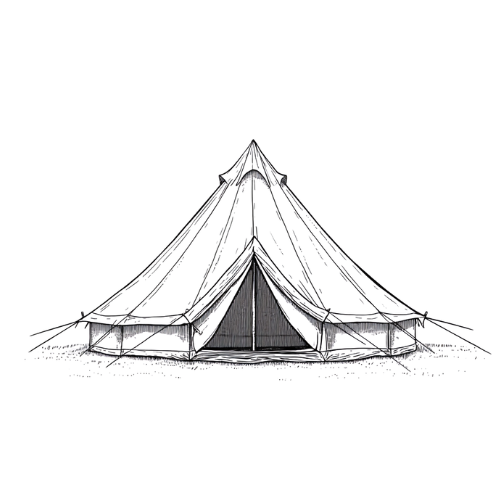 Canvas Bell Tents
Canvas Bell Tents Bell Tent Accessories
Bell Tent Accessories
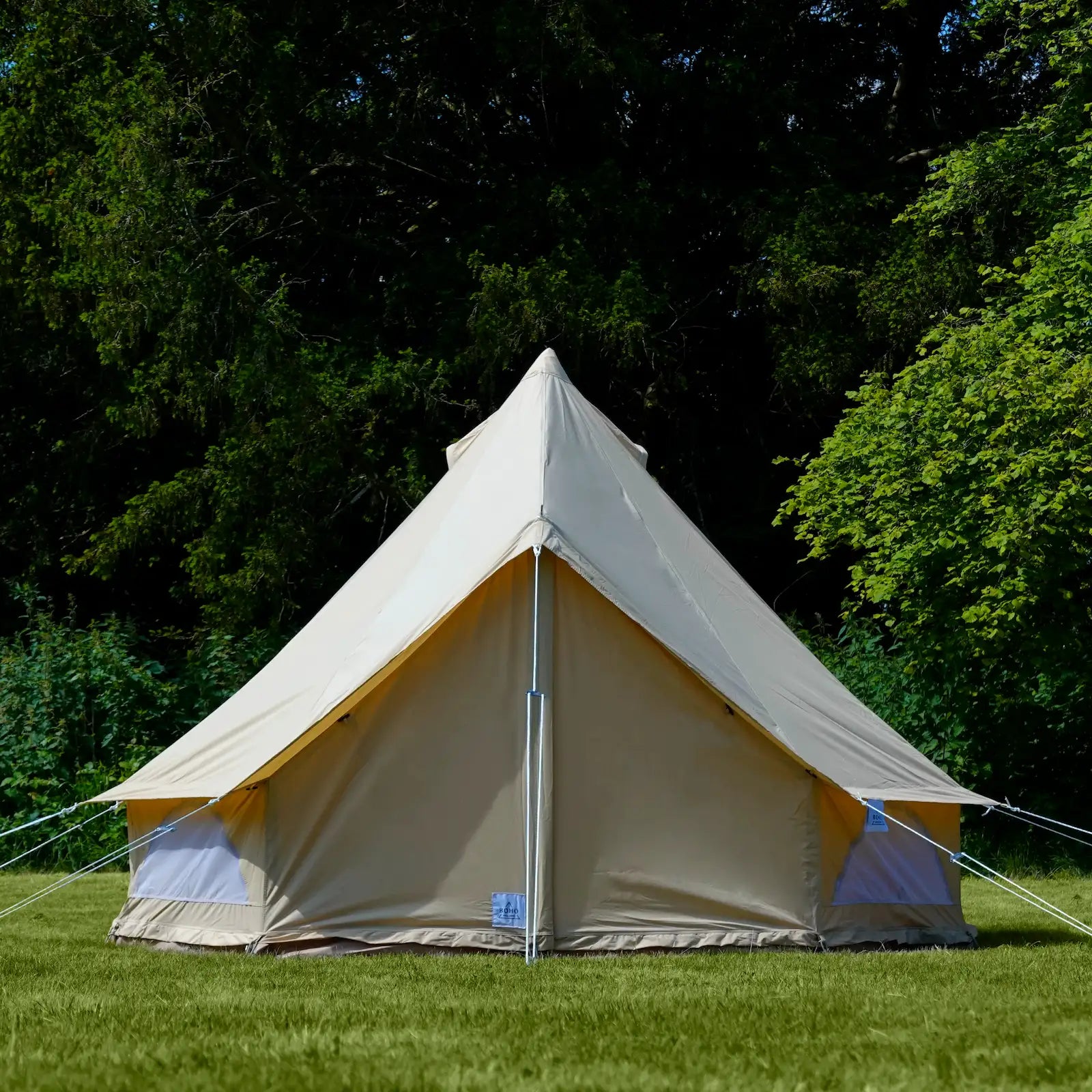
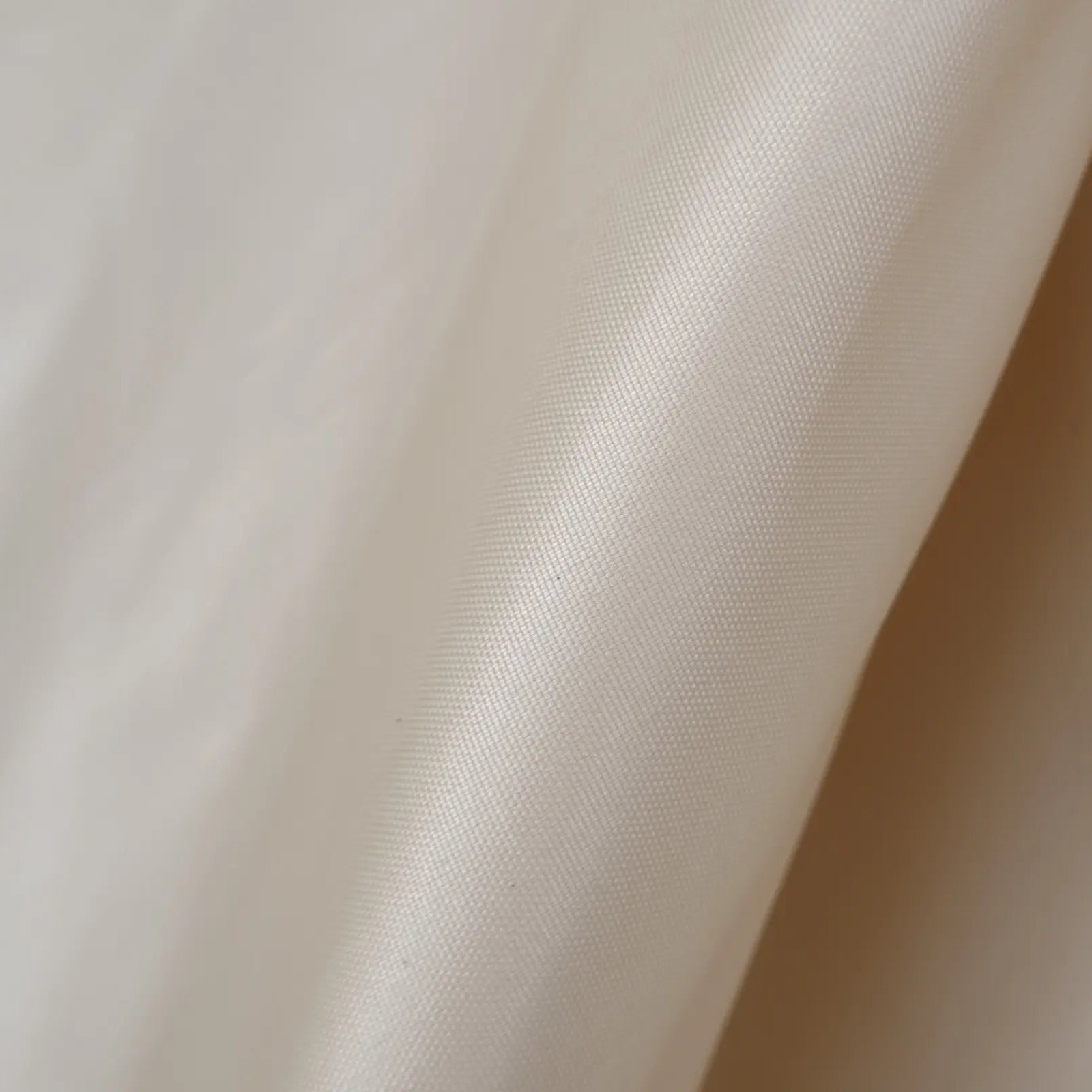
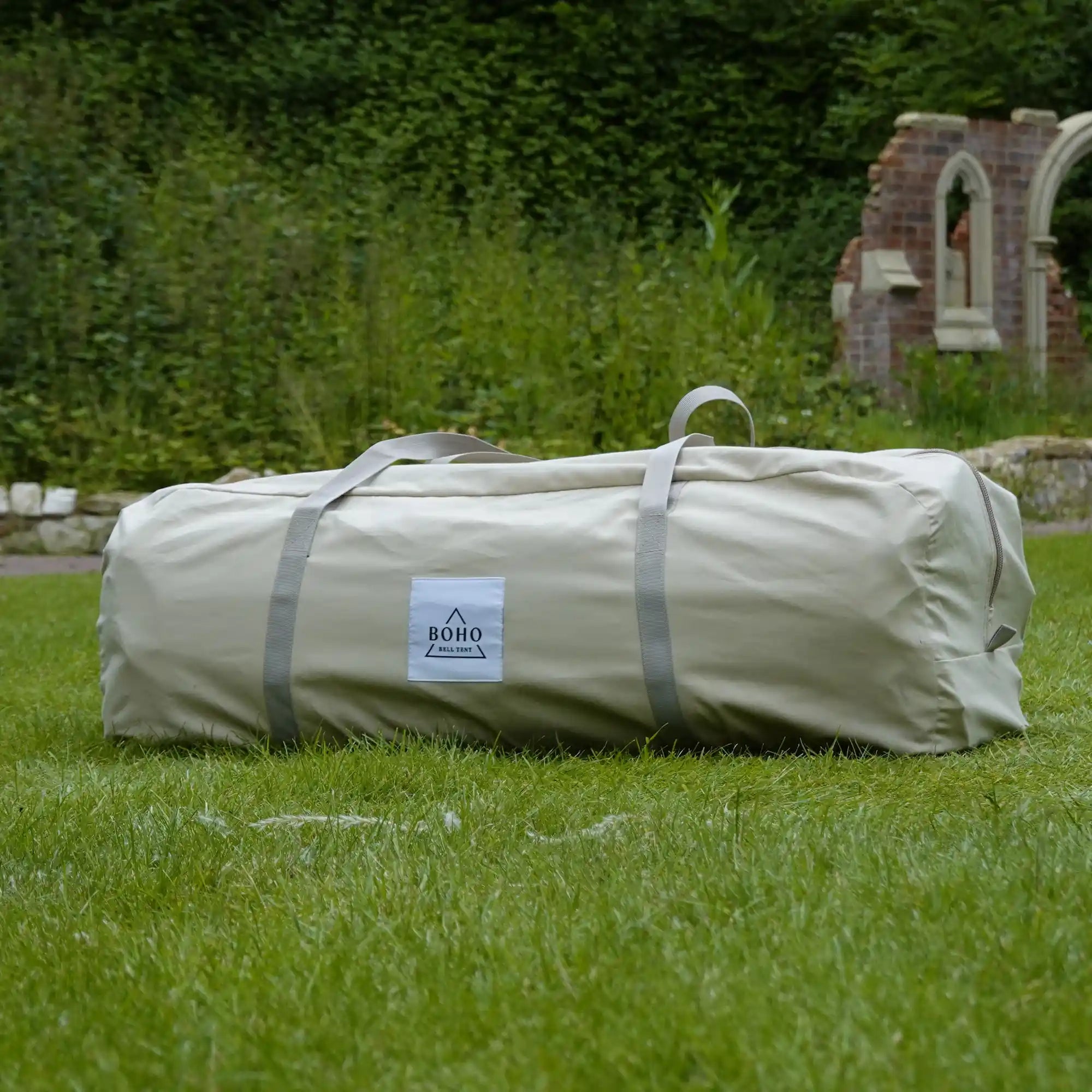
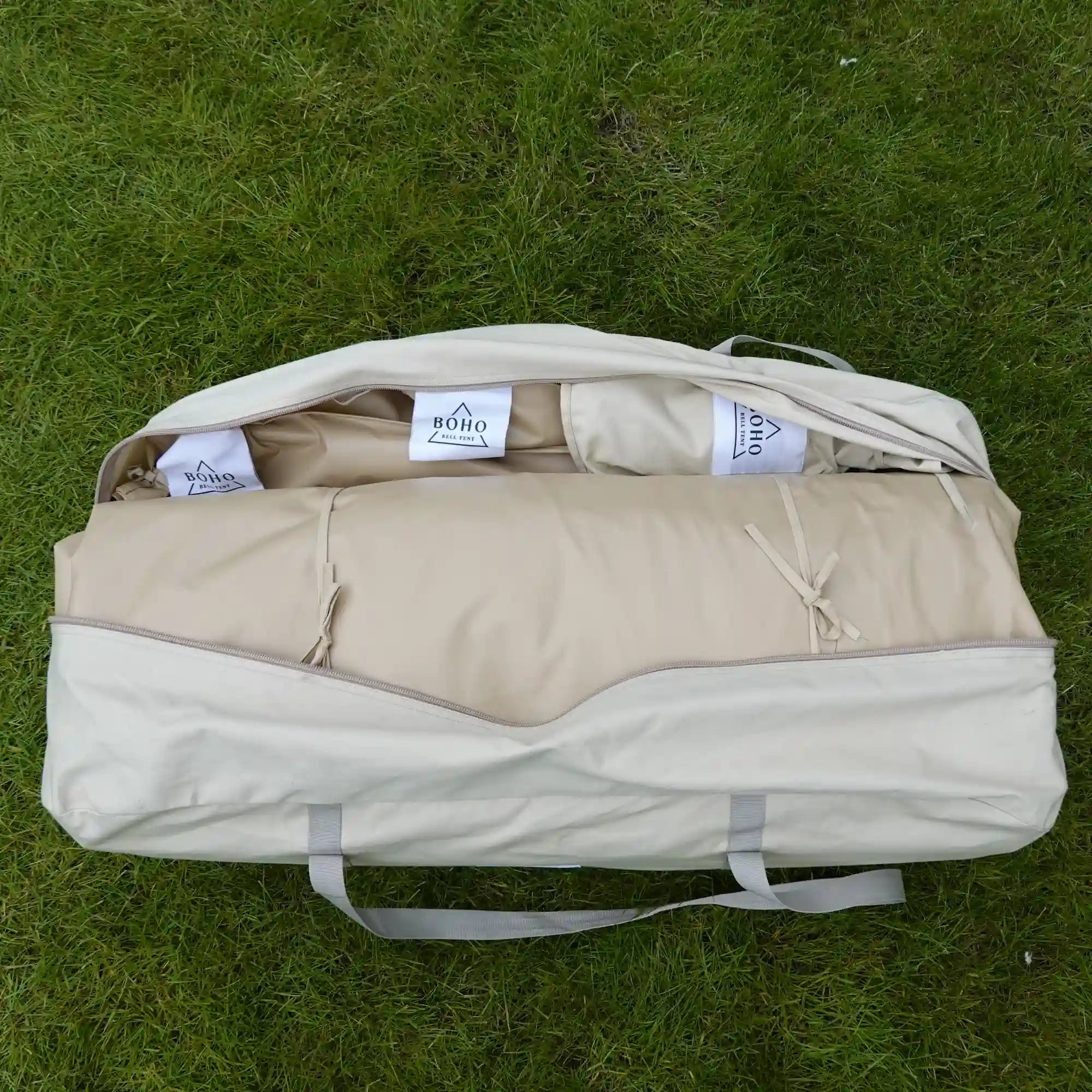


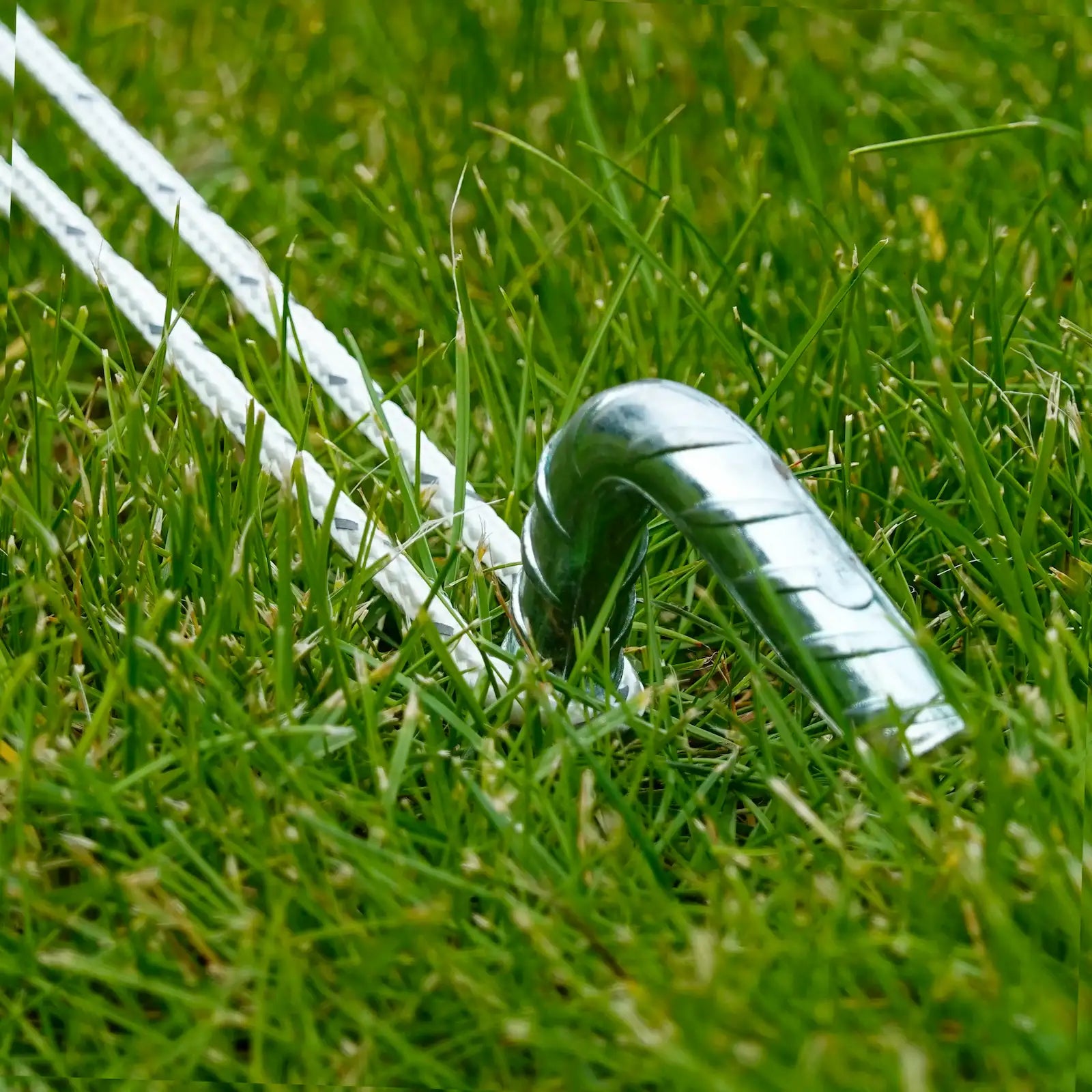
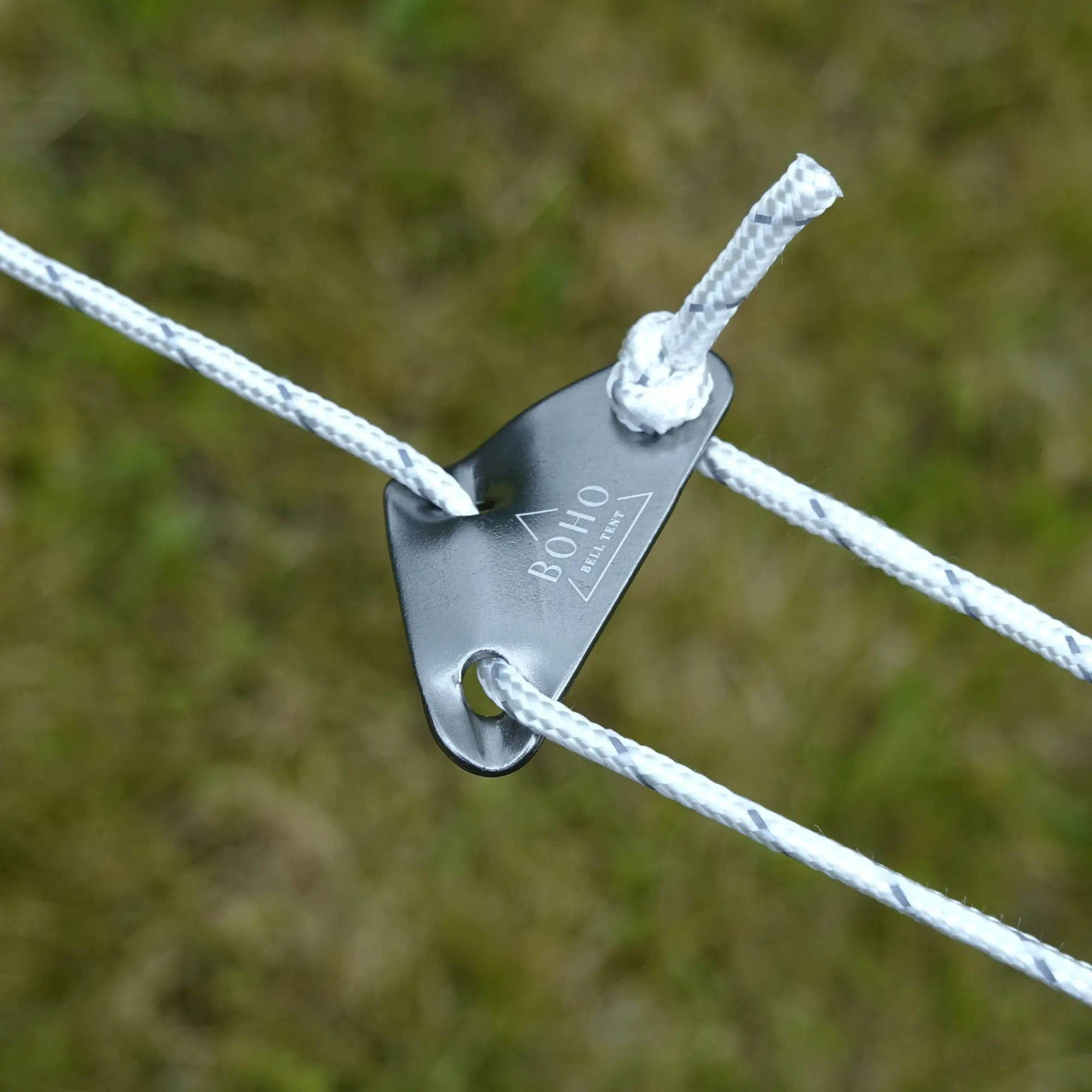
At Boho Bell Tent, we’ve helped hundreds of customers find the perfect setup for festivals, weddings, and off-grid escapes. So if you need any help at all, be sure to reach out!
Share:
Can You Clean Mould off Bell Tents?
Can You Put a Bell Tent on Concrete?